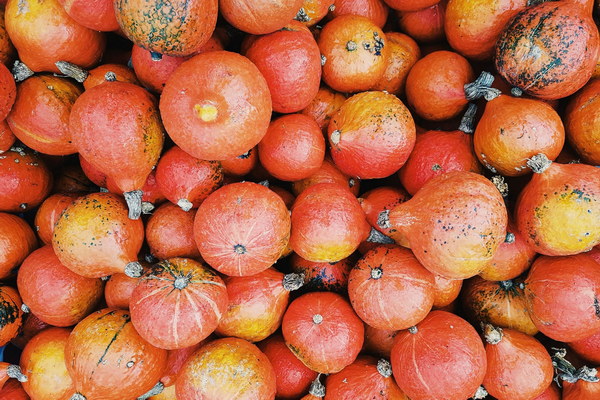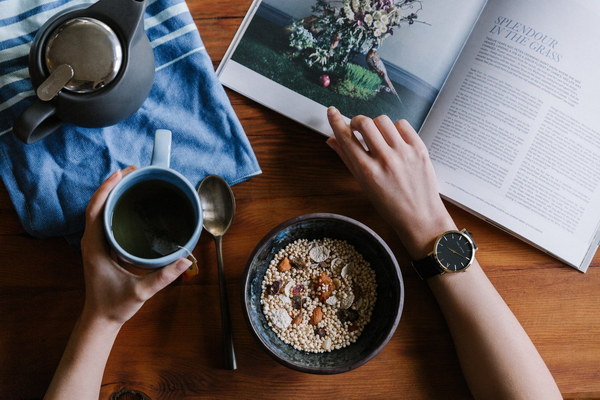Breathe Easy Nurturing Your Lungs During and After an Epidemic
Introduction:
In times of an epidemic, our lungs become the first line of defense against the virus. With the current global health crisis, it is crucial to focus on lung health and take proactive measures to strengthen our respiratory system. This article aims to provide practical tips and guidelines on how to nurture your lungs during and after an epidemic, ensuring a healthier and more robust respiratory system.
1. Practice Deep Breathing Exercises:
Deep breathing exercises can significantly improve lung capacity and oxygenation. Incorporate the following techniques into your daily routine:
- Diaphragmatic Breathing: Lie down on your back, place one hand on your chest and the other on your abdomen. Inhale deeply through your nose, allowing your abdomen to rise. Exhale slowly through pursed lips, pressing the abdomen inwards. Repeat for several cycles.
- Alternate Nostril Breathing: Close your right nostril with your right thumb and inhale deeply through the left nostril. Close the left nostril with your ring finger and exhale through the right nostril. Repeat on the opposite side.
- Kapalabhati Pranayama: Sit comfortably, take a deep breath in, and exhale quickly and forcibly through your nose, making a buzzing sound. Inhale slowly and repeat for several rounds.
2. Stay Hydrated:
Proper hydration is essential for maintaining lung health. Drink plenty of fluids throughout the day, particularly water, herbal teas, and broths. Hydration helps thin mucus, making it easier to expel and preventing congestion.
3. Avoid Smoking and secondhand smoke:
Smoking and secondhand smoke can severely damage your lungs, making them more susceptible to infections. If you are a smoker, seek help to quit, and avoid exposure to secondhand smoke by steering clear of smoking areas and secondhand smoke-emitting environments.
4. Enhance your immune system:
A strong immune system can protect your lungs from infections. Incorporate the following practices into your daily routine:

- Get Adequate Sleep: Aim for 7-9 hours of quality sleep each night to support immune function.
- Eat a Balanced Diet: Consume a diet rich in fruits, vegetables, whole grains, lean proteins, and healthy fats. Include foods high in vitamin C, vitamin D, zinc, and omega-3 fatty acids to strengthen your immune system.
- Exercise Regularly: Engage in moderate-intensity physical activity, such as walking, jogging, or cycling, for at least 150 minutes per week to boost your immune system.
5. Practice Breathing Techniques:
In addition to deep breathing exercises, consider the following breathing techniques to support lung health:
- Pranayama: Practice pranayama, a set of breathing exercises that originated in yoga, to improve lung capacity, oxygenation, and relaxation.
- Breathing with a Salt Lamp: Spend time in a room with a salt lamp, which emits negative ions and may help improve lung function.
6. Avoid Exposure to Air Pollutants:
During an epidemic, it is essential to minimize exposure to air pollutants, which can exacerbate respiratory issues. Try the following:
- Keep your home well-ventilated by opening windows during favorable weather conditions.
- Use air purifiers or filters in your home, especially in rooms where you spend most of your time.
- Avoid high-pollution areas, such as busy roads and industrial zones.
Conclusion:
Nurturing your lungs during an epidemic is crucial for maintaining a healthy respiratory system. By incorporating deep breathing exercises, staying hydrated, avoiding smoking and secondhand smoke, enhancing your immune system, practicing breathing techniques, and minimizing exposure to air pollutants, you can help protect your lungs and improve your overall health. Remember, taking proactive measures for lung health can lead to a better quality of life, both during and after an epidemic.









